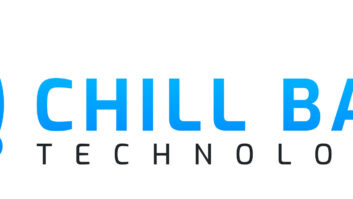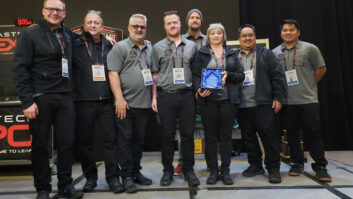Reston, Va. – In an open letter
published today in major newspapers, LightSquared claims it has developed
solutions that will prevent its planned 4G mobile data service from interfering
with GPS devices, but a coalition of GPS industry companies called the claim
“irresponsible.”
LightSquared’s “expensive
full-page ads repeat LightSquared’s same, tired claims that it full well knows
are not accurate,” said the Coalition to Save Our GPS.
Tests mandated by the Federal
Communications Commission (FCC) are still underway to determine whether
LightSquared’s solutions will work.
In the open letter, LightSquared
chairman/CEO Sanjiv Ahuja contended that “with 99.5 percent of all commercial
GPS interference accounted for and solved, LightSquared has now tackled solving
the remaining 0.5 percent of GPS interference occurring on precision devices
that also inappropriately violate our licensed spectrum.” The 99.5 percent of
devices for which the company claims to have solved interference issues includes
all 300 million GPS-equipped cellphones, LightSquared said in a previous
statement.
For the other 0.5 percent of
devices, Ahuja said the company “partnered with established GPS manufacturers
to develop technology that eliminates interference issues for high-precision
GPS devices, including those in the agriculture, surveying, construction, and
defense industries.” Pre-production designs are already being tested, and the
technology “can be implemented simply, quickly, and inexpensively into GPS
devices,” he said.
The solution would enable the company’s
network “to coexist harmoniously, side by side, with GPS,” Ahuja claimed.
The solution was developed by GPS
maker Javad GNSS, which signed an agreement with LightSquared to make new
high-precision GPS receivers compatible with the LightSquared network and
devices that can be adapted to work with existing high-precision GPS devices
already in the field to make them compatible. The devices would use a filter
“to build a wall” between GPS and LightSquared spectrum, Javad said.
Prototypes have already been
tested, the company said, and preproduction units
will be released for testing in October. High-precision receivers for
positioning applications are expected to go to market by November 2011, the
companies said, and precision timing devices would hit the market by March
2012.
Per an FCC decision in mid
September, LightSquared is working with various government agencies to test
interference solutions for high-precision GPS devices. The company is also
working with the National Telecommunications and Information Administration
(NTIA) to test solutions for consumer devices such as portable navigation
devices (PNDs), in-dash navigation systems, and GPS-equipped cellphones. Those
tests are expected to end on November 30.
As part of its solution for the 99.5
percent of GPS devices not used in high-precision applications, LightSquared
previously said it would initially reduce its power output and limit its
initial deployment to the lower part of its spectrum farther away from GPS
frequencies.
A coalition of GPS industry
groups opposed to LightSquared’s plans, however, previously cast doubts on
LightSquared’s 99.5 percent solution. The Coalition to Save Our GPS contended
that, in previous tests limited to the lower portion of LightSquared’s
spectrum, LightSquared interfered with GPS in six of 39 cellphones and with 20
of 29 general location/navigation receivers. The coalition also contended that
the proposal to reduce output “actually represents an increase in power above
the levels shown to create interference in recent tests.”
The addition of filters to any GPS
devices, the coalition also said in previous statements, would reduce the GPS devices’
accuracy, and the filters could take years to be available. Besides that, the
installed base of hundreds of millions of GPS devices could not be retrofitted,
the group contended.
After LightSquared published its
open letter, the coalition shot back with a statement contending that although
the company’s goal of creating more broadband competition is “laudable,” the company’s
“initial failure to recognize the potential for interference to the GPS devices
and services we all rely on every day is inexplicable, and its continuing
efforts to claim that the problem has been ‘solved’ are irresponsible,” the
group claimed.
“Both the FCC and the NTIA have
recently called for further testing of the very issues that LightSquared claims
are resolved,” the coalition continued. “The devastating interference that
LightSquared’s plans would cause our nation’s GPS needs to be resolved by that
further testing — not by continued LightSquared press releases and full-page
ads.”
The coalition also said that
“it’s time for LightSquared to step forward and accept responsibility providing
fully tested, verified solutions, and for bearing the full costs associated
with any transition required to implement any solution.”













